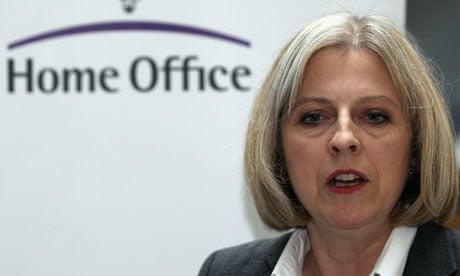On the last night’s ‘Late Late Show’ Sinéad O’Connor was
discussing the 1916 uprising in relation to water charges and the possibilities
of this developing into a peaceful revolution in Ireland. Sinéad’s sentiment of
“…an absolutely non-violent revolution…” is laudable. The idea of peaceful
civil disobedience is something I also hold dear.
Join together a non-violent revolution through peaceful disobedience
and we have the ideal solution to changing our world for the better.
However, I envisage a major problem with this course of
action. The problem being that the state doesn't respect any disobedience as
peaceful. We've seen this in recent weeks when peaceful groups have tried to
exercise their democratic right of protest in Parliament Square only to be met
by excessive force from the police.
The 9/11 attacks in the US created a heightened level of
security in many countries outside America, including the UK. Then the bomb
attacks on London’s public transport system on 7th July 2005
ratcheted-up security, and especially police powers, in this country.
Both liberal commentators and many on the political Left
objected to the extra powers being dished out to the police and security
services. We complained, with justification, that these powers would be abused
and once set in train they are difficult to relax.
To prove our point that these powers would be abused we had
the Jean Charles de Menezes execution in Stockwell tube station in 2005 through
to the kettling of peaceful disabled demonstrators outside Westminster Abbey in
June this year. Yes, 300 police, including Armed Response Police Units, were
summoned by the 2nd Estate to kettle 100 peaceful disabled people
protesting for social justice for all.
When we view Robocop type police personnel laying into, and
sometimes killing people, remember Ian Tomlinson, we must question the
possibility, or likelihood, of peaceful and non-violent revolution. The police
and security services appear to be more aggressive and violent than ever
before, at least in the modern era.
From their day to day demeanour with the general public,
often brusque and unhelpful, to their over-the-top restraining methods, they
are at one level unfriendly and at the extreme plain dangerous, unconcerned
about the health or wellbeing of those they’re detaining.
Mix into the equation governments that are ideologically set
against the majority of the population. A government which is indeed waging a
class war against the poorest people in our society. A media, particularly at
the newsprint end, that has forgotten how to report on political issues from a
position of objectivity. Which instead tends to report political news straight
from statements penned in the various ministries by propaganda machines. Then
we see a stage set for some kind of public outcry, sooner rather than later.
If the Tories manage to get back into power, with the
support of UKIP maybe, then we’re in for the worse 5-year period since the
1920s and 30s. Say goodbye to the welfare state; wave ta ta to the NHS; and
watch as poorer working class, long term unemployed, single mothers, disabled
people and the generally disenfranchised of our society are out-priced from our
major cities and inner cities.
I wonder if by 2017 or 2018 the masses will still be in the
mood for peaceful civil disobedience. Will disabled people, many more of whom
will be living in abject poverty as they fail to qualify for PIP and other
gateway benefits, be content to watch their peers dying, committing suicide or
being forced into residential care and enforced social exclusion. Or will we
turn to the age-old method of resistance against the oppressors of our class.

